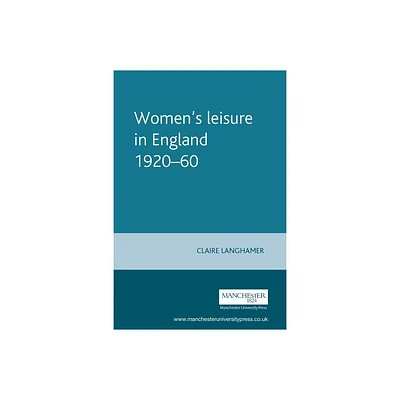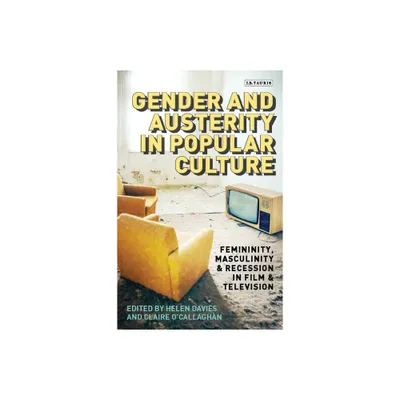Home
Prove It On Me: New Negroes, Sex, and Popular Culture the 1920s
Loading Inventory...
Barnes and Noble
Prove It On Me: New Negroes, Sex, and Popular Culture the 1920s
Current price: $43.99


Barnes and Noble
Prove It On Me: New Negroes, Sex, and Popular Culture the 1920s
Current price: $43.99
Loading Inventory...
Size: Paperback
*Product Information may vary - to confirm product availability, pricing, and additional information please contact Barnes and Noble
In the wake of the Great Migration of thousands of African Americans from the scattered hamlets and farms of the rural South to the nation's burgeoning cities, a New Negro ethos of modernist cultural expression and potent self-determination arose to challenge white supremacy and create opportunities for racial advancement.
In
Prove It On Me
, Erin D. Chapman explores the gender and sexual politics of this modern racial ethos and reveals the constraining and exploitative underside of the New Negro era's vaunted liberation and opportunities. Chapman's cultural history documents the effects on black women of the intersection of primitivism, New Negro patriarchal aspirations, and the early twentieth-century consumer culture. As U.S. society invested in the New Negroes, turning their expressions and race politics into entertaining commodities in a sexualized, primitivist popular culture, the New Negroes invested in the idea of black womanhood as a pillar of stability against the unsettling forces of myriad social and racial transformations. And both groups used black women's bodies and identities to "prove" their own modern notions and new identities. Chapman's analysis brings together advertisements selling the blueswoman to black and white consumers in a "sex-race marketplace," the didactic preachments of New Negro reformers advocating a conservative gender politics of "race motherhood," and the words of the New Negro women authors and migrants who boldly or implicitly challenged these dehumanizing discourses.
investigates the uses made of black women's bodies in 1920s popular culture and racial politics and black women's opportunities to assert their own modern, racial identities.
In
Prove It On Me
, Erin D. Chapman explores the gender and sexual politics of this modern racial ethos and reveals the constraining and exploitative underside of the New Negro era's vaunted liberation and opportunities. Chapman's cultural history documents the effects on black women of the intersection of primitivism, New Negro patriarchal aspirations, and the early twentieth-century consumer culture. As U.S. society invested in the New Negroes, turning their expressions and race politics into entertaining commodities in a sexualized, primitivist popular culture, the New Negroes invested in the idea of black womanhood as a pillar of stability against the unsettling forces of myriad social and racial transformations. And both groups used black women's bodies and identities to "prove" their own modern notions and new identities. Chapman's analysis brings together advertisements selling the blueswoman to black and white consumers in a "sex-race marketplace," the didactic preachments of New Negro reformers advocating a conservative gender politics of "race motherhood," and the words of the New Negro women authors and migrants who boldly or implicitly challenged these dehumanizing discourses.
investigates the uses made of black women's bodies in 1920s popular culture and racial politics and black women's opportunities to assert their own modern, racial identities.

















